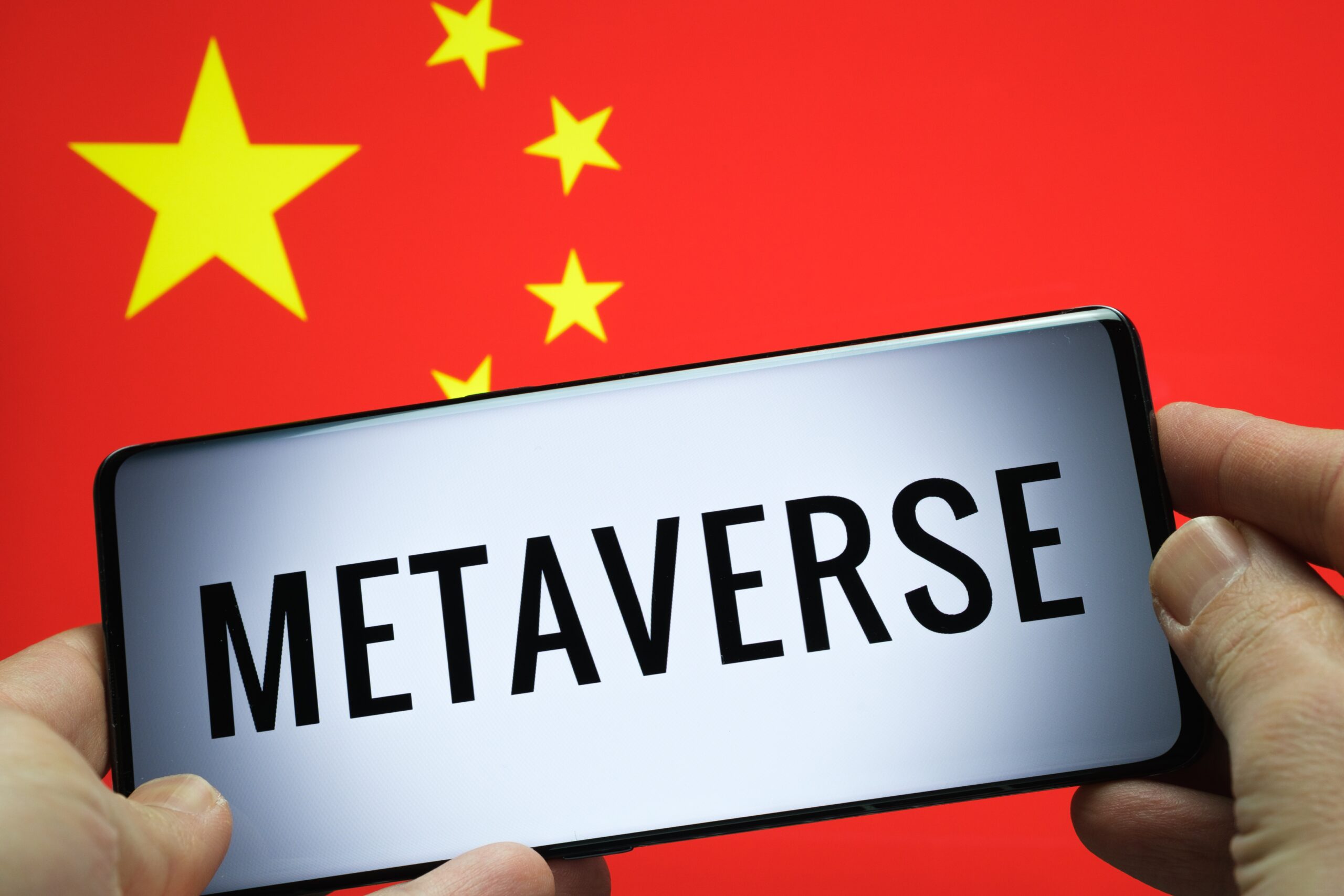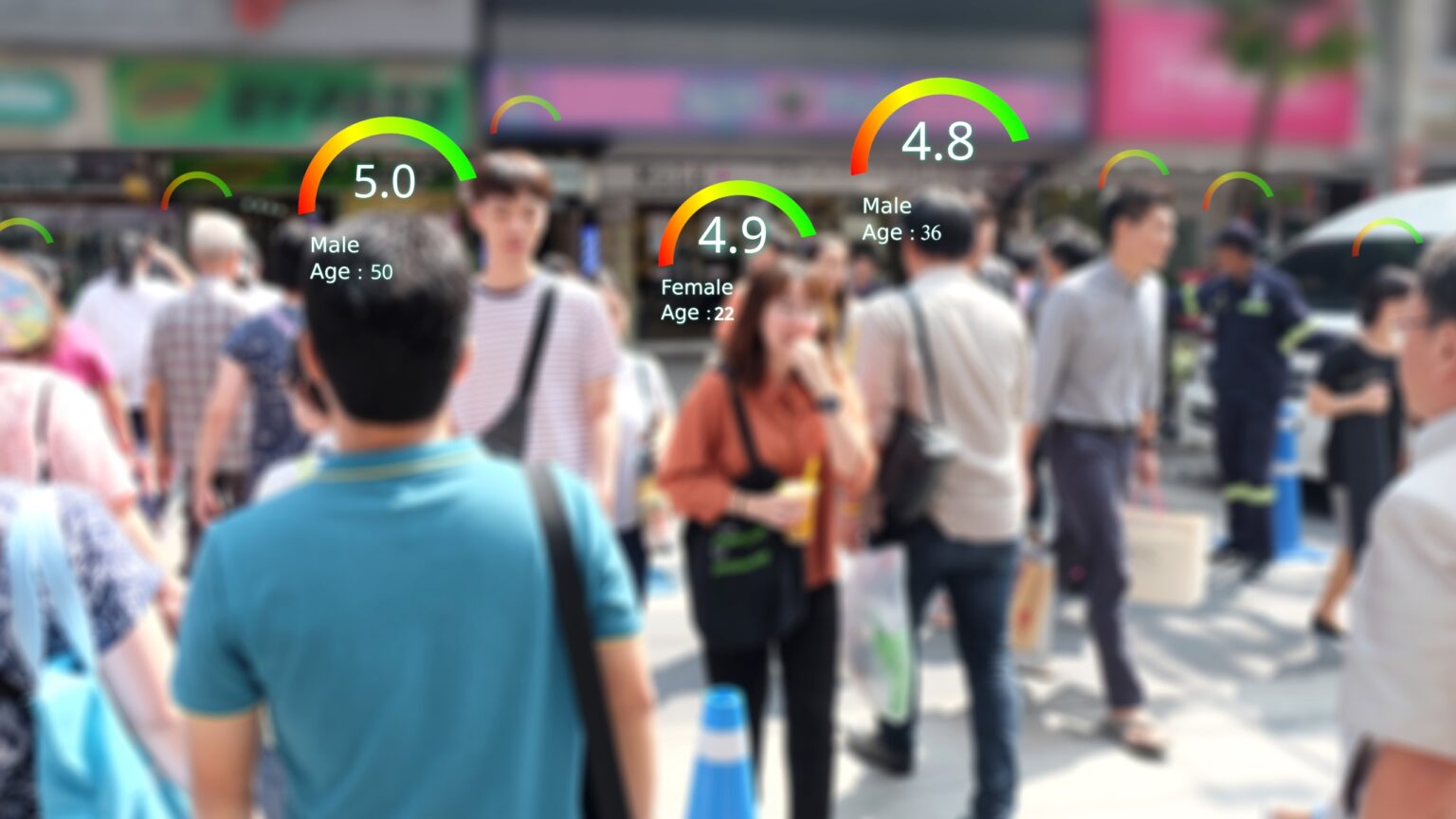China plans to bring a “digital identity system” into the metaverse and social credit scores for the virtual domain.
The proposal is state-designed via state-owned telecoms operator China Mobile.
The power to control
China’s desire to control every aspect of its citizens’ lives knows no bounds, and now state-owned China Mobile wants to control the metaverse too.
The country’s telecoms operator is floating the digital ID for users of the metaverse. The ID will identify metaverse users, to “permanently” store their data, and share that information with law enforcement “to keep the order and safety of the virtual world.”
The Chinese authorities can use the system to identify citizens who “spread rumors and makes chaos in the metaverse” and bring the full weight of Chinese justice to bear upon them.
The overbearing nature of the ID system draws unfavorable comparisons to the Chinese social credit system.

No fun in the metaverse
Chris Kremidas-Courtney, a senior fellow at Brussels think tank Friends of Europe, is among the commentators drawing parallels between China Mobile’s plans and the social credit system.
“To build a unified digital identity system, to give each human a unique digital ID that includes social characteristics from social media and occupation; that sounds a lot like China’s social credit system,” Kremidas-Courtney told POLITICO on Sunday, August 20.
China is a surveillance state ruled by a totalitarian dictator. The country reportedly has over 700 million surveillance cameras, roughly one for every two citizens. One commentator described life in China as like “living in open-air prisons.”
However, surveillance in the real world has limits and is challenging.
In the metaverse, surveillance is easier and potentially absolute. A few minutes in the metaverse creates thousands of data points. These data points can identify individuals and tie those identities to actions and behaviors.
The fact gives legislators in the West serious cause for concern.
In China, it provides further means to ensure its citizens do not engage in activities the state does not approve of. As MetaNews previously reported, that includes minimizing its citizens’ exposure to fun and games.
Chinese authorities only approve of a metaverse for industry and medicine, not gaming.
Combining surveillance with such a limited outlook could make the Chinese metaverse a particularly joyless experience.

The Chinese social credit system
China’s social credit system measures an individual’s compliance with government edicts and scores them accordingly. Citizens who do everything they are told and never complain maintain high scores and can utilize key services.
Citizens who break the rules or engage in anti-social behavior lose points and face restrictions. Anti-social behaviors can be anything from jaywalking to playing music too loudly on a train.
When their credit score falls below a certain level, citizens can no longer use a range of services, including but not limited to public transport, gas stations, gyms, concerts, hotels, and the government’s digital payments wallet. People may also face movement restrictions preventing them from crossing internal city checkpoints.
A person may also be blacklisted for questioning government policies or being critical of its leadership.









 and then
and then